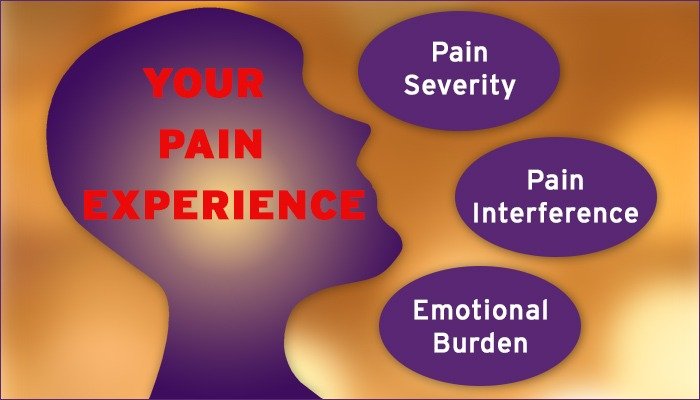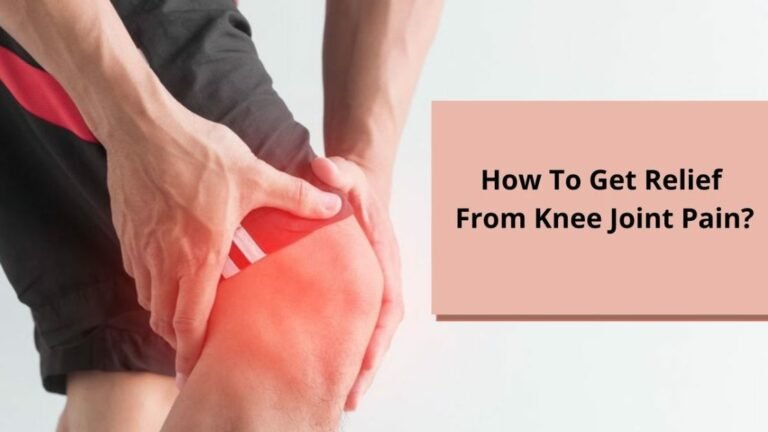Me: I’m the Patient in Patient-Centered Care

Let me begin by acknowledging that I am writing this in response to a recent and frustrating medical encounter. Let me also acknowledge that, for the past week, I have been preparing a speech to be delivered to healthcare providers on the benefits of patient-centered care. I have read enough of and about the Affordable Care Act (ACA) to know that patient-centeredness, patient satisfaction, patient engagement and shared decision making are all repeatedly referred to. I am a person who has lived with lupus for over three decades. I’ve been given the opportunity to serve in a room full of researchers, doctors and scientists as the patient voice and perspective on numerous occasions. I strive to be an educated partner in my medical care.
I tell you all of this to shed light on what I see as the dichotomy between what is being written about patient-centeredness and what is often being practiced in medicine today. Over my many years as a person living with lupus and spine issues, I have been the recipient of two types of medical care—that which comes from a place of compassionate concern where my providers have seen me not as an illness, but as a person first; and care that has failed to acknowledge me as an individual, recognizing only the “medical issue” I am facing.
Last week, I had an extremely painful and invasive test on my spine. Before the procedure began, I was given an appointment for a two-week follow-up visit. This seemed reasonable, until later when I realized that I would not get the results of the test for two weeks. I admit patience is not my strong suit; never has been and, at this point in life, probably never will be. I am also very curious and, as I mentioned, proactive in my care. The unknown can be stressful to me and so I try to minimize this.
With all that I have told you, I ask you to envision my dismay, frustration and anger when I called the above mentioned doctor’s office to request my test results and was denied. I was told that I would have to wait for the doctor to go over the results with me AND he did not have an appointment any sooner that the two weeks for which I was already scheduled. I could not believe it. I paid for the test, suffered the pain and simply wanted the results. This did not seem like an unreasonable request to me.
While I may not be patient, I am persistent. I finally had the results sent to another doctor I see, and this one was happy to share results with me immediately. I will admit there was no urgency in getting these results; still, had they been shared with me upon my initial request, it would have lessened my anxiety about the outcome and better prepared me for my doctor’s appointment at the two-week mark. Instead, because my reports were withheld, I was angry and frustrated. I do not believe this withholding was a deliberate disregard for my needs. Rather, I suspect this was the standard protocol for this particular doctor’s office. In other words, this is the way things have always been done. I see this frequently. The systems are more important than the patient. This is where the patient gets lost in patient-centered care. We have outdated systems and rules in place and the patient suffers because of them.
I am hopeful that, one day, healthcare practitioners and patients will be true partners in healing. Today, I see a large gap as the medical systems we currently have are doctor-centered, with control of information being maintained by the doctor. Shifting to patient-centered care will require many changes which may, at first, be uncomfortable. We have not built systems in the past geared towards patients having access and control of their own medical information. There will be learning curves on both the patient and doctor sides of the equation but, in the end, I know that when patients are empowered and a significant part of the process, healing is more likely to occur. And isn’t that everyone’s goal???
About Cindy Coney: Ambassador of hope and author of The Wild Woman’s Guide to Living with Chronic Illness, Cindy Coney is a nationally acclaimed speaker, trainer, human resilience expert, and philanthropic force. Dedicated to helping both children and adults achieve optimal health and success, Cindy has taught thousands of people to move beyond coping with limitations to recapturing joy and fulfillment in their lives.
Diagnosed with lupus in 1980, Cindy has since driven a race car 124 miles per hour; completed the Chicago Marathon; championed countless nonprofit organizations; presented to the World Lupus Congress as a keynote speaker; and shared her inspiring, empowering story from Belize to Baltimore.
Follow Cindy’s Blog at www.cindyconey.com
PainPathways Magazine
PainPathways is the first, only and ultimate pain magazine. First published in spring 2008, PainPathways is the culmination of the vision of Richard L. Rauck, MD, to provide a shared resource for people living with and caring for others in pain. This quarterly resource not only provides in-depth information on current treatments, therapies and research studies but also connects people who live with pain, both personally and professionally.
View All By PainPathways






